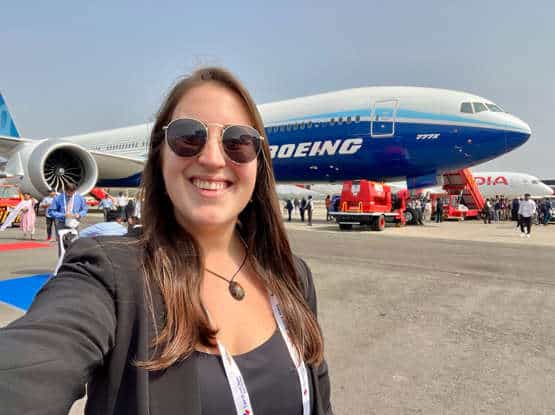The Federal Aviation Administration is investigating whether Boeing employees may have falsified plane safety records for the 787 Dreamliner, adding to the manufacturer’s woes as it faces regulatory scrutiny.
In a statement on Monday, the FAA said that Boeing voluntarily flagged that it might not have properly performed quality inspections on the bonding between the wings and fuselage of some 787s.
“The FAA is investigating whether Boeing completed the inspections and whether company employees may have falsified aircraft records,” the statement said.
No planes are expected to be taken out of service, and Boeing has said that the lapse “did not create an immediate safety of flight issue.”
The investigation comes after Scott Stocker, head of the 787 manufacturing program, issued an internal memo on April 29 saying the firm found that several employees failed to perform required tests.
Stocker’s memo, seen by Business Insider, said that a Boeing employee noticed an “irregularity in a required conformance test in wing body join,” and reported it to his manager.
“After receiving the report, we quickly reviewed the matter and learned that several people had been violating Company policies by not performing a required test, but recording the work as having been completed,” Stocker wrote.
Stocker added that Boeing had taken “swift and serious corrective action” against those who broke procedure, and would discuss with several teams how to prevent the problem from reoccurring.
In response to queries from BI, a Boeing spokesperson said the company had notified the FAA and that “this is not an immediate safety of flight issue for the in-service fleet.”
Boeing staff will have to re-run tests on the remaining 787s in production, likely causing further delivery delays from its Charleston, South Carolina facility. That could spell further trouble for customers, with American Airlines already saying on May 1 that it was cutting some flights because it wasn’t receiving enough 787s.
The aircraft manufacturer has been facing intense regulatory pressure after a door plug from a 737 Max blew out mid-flight in January, prompting the FAA to order the grounding of over 170 such planes. A report by the administration later found that Boeing’s 737 Max production had since failed 33 out of 89 audits.
The door plug incident has reignited scrutiny of Boeing and its 737s, which were originally the subject of safety concerns after two crashes in 2018 and 2019 that killed a combined 346 people in Indonesia and Ethiopia.
The backlash has sent the company scrambling to recalibrate its factories and delivery plans, with Boeing CEO Dave Calhoun saying the manufacturer would have to own up to “our mistake” and re-establish its safety track record.
In its Q1 2024 report, Boeing said it was burning through $3.9 billion in cash, up from $786 million in the same period last year.
Several former Boeing employees who became company whistleblowers have raised concerns about 787 Dreamliner production, alleging that the manufacturer was prioritizing profit over quality.
One whistleblower, Sam Salehpour, said in April that he saw “shortcuts employed by Boeing to reduce bottlenecks during the 787 assembly process” amid a “schedule over safety” culture. Boeing denied his claims.
Another ex-employee, John Barnett, slammed 787 production for years and said he observed issues with oxygen mask deployment in the jets, which he felt weren’t properly addressed.
Barnett was set to proceed with a deposition in a whistleblowing case against Boeing, but was found dead in March with what authorities said was a self-inflicted gun wound.
Joshua Dean, a former employee of Boeing supplier Spirit AeroSystems who accused the firm of quality issues, died on Wednesday after contracting a sudden illness.

